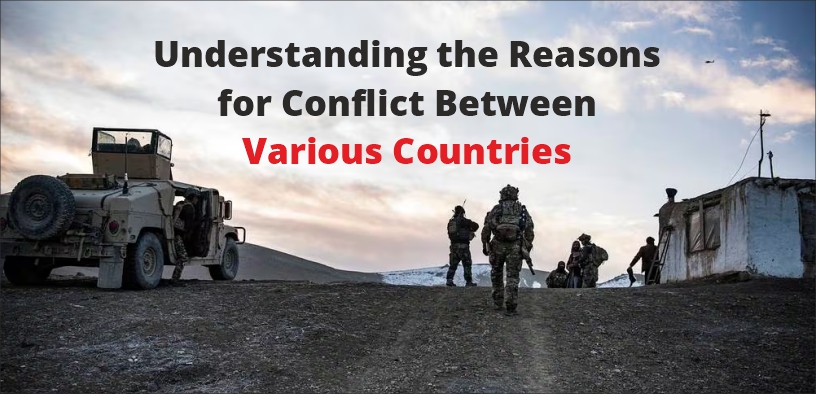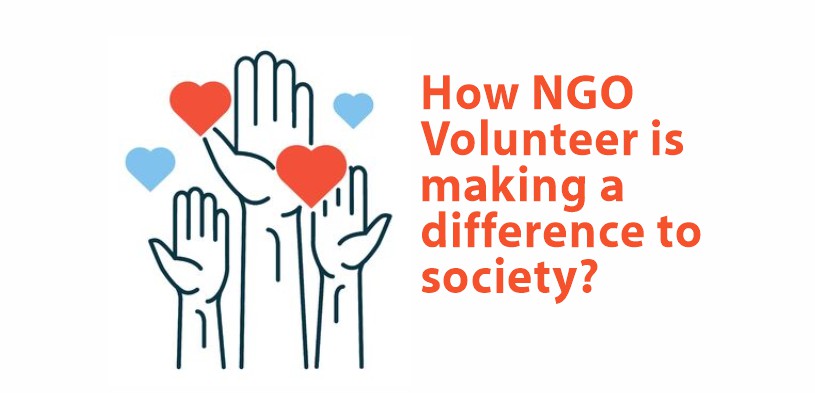After the Russia-Ukraine war, the world is now facing the looming threat of another war. This new conflict is brewing in the Gulf countries, where Israel is preparing for a war against the Hamas terrorist group in Gaza, a territory controlled by Palestine. Like the Russia-Ukraine war, this conflict will affect the lives of countless individuals. Gaza is a densely populated area where approximately 2 million people live. They will inevitably be profoundly affected by the hostilities. Before this, the Russia-Ukraine war had already affected millions of people who had to seek shelter in different countries.
War is a symbol of destruction. These wars result in significant losses of life and resources. Despite this, conflicts between nations continue to escalate for various reasons:
- Territorial Disputes: One of the most common causes of conflict is disputes over borders or territories. When two or more countries claim the same land, it can lead to an armed conflict.
- Resource Scarcity: Competition over valuable resources like oil, water, minerals, or arable land can lead to conflict.
- Political Power and Ideology: Differences in political ideologies or systems, such as democracy vs. authoritarianism, can be a reason for conflict. For instance, the Cold War was a geopolitical struggle between the United States and the Soviet Union, driven by their differing ideologies.
- Nationalism and Ethnic Tensions: Nationalism and ethnic identity can fuel conflicts when different groups lay claim to the same land or seek independence.
- Religious Disputes: Historically, religious differences have been a significant cause of conflict. Religious tensions can lead to armed conflict.
- Economic Factors: Economic disparities, trade disputes, or economic interests can contribute to conflicts as nations vie for dominance in the global economy.
- Historical Grievances: Unresolved historical grievances can lead to lasting enmity between nations and eventually erupt into conflict.
- Alliances: Nations often form alliances to enhance their security. However, when one country is attacked or threatened, it can drag its allies into conflict.
- Failed Diplomacy: Failed diplomatic efforts or negotiations can sometimes lead to an escalation in hostilities. Misunderstandings or misinterpretations can also contribute to unexpected conflict.
- Human Rights Violations: When nations or groups commit human rights abuses or genocide, international pressure and intervention can escalate into war.
The impact of past wars on people’s lives has been immense. Wars between nations or states have been fought on this planet for thousands of years, affecting a significant number of people directly or indirectly. Today, let’s discuss two major wars of the 20th century and their profound impact on the people involved.
World War I (1914–1918): This war was fought by allied nations (including Britain, France, Russia, the United States, and Italy) against the Central Powers (including Germany, Austria-Hungary, the Ottoman Empire, and Bulgaria). An estimated 10 million soldiers and 7 million civilians died as a result of the war, and more than 21 million soldiers were wounded. Countless lives were disrupted, and the war redefined global politics.
World War II (1939–1945): This war involved the majority of the world’s nations, including all of the major powers. It resulted in the deaths of an estimated 70–85 million people, making it the deadliest conflict in human history. Millions more were displaced, and the war led to significant geopolitical changes, including the emergence of the United States and the Soviet Union as superpowers.
These two world wars reshaped the world, and their consequences are still felt today. It’s crucial for nations to work towards peaceful resolutions and to remember the devastating impact of wars on people’s lives.








